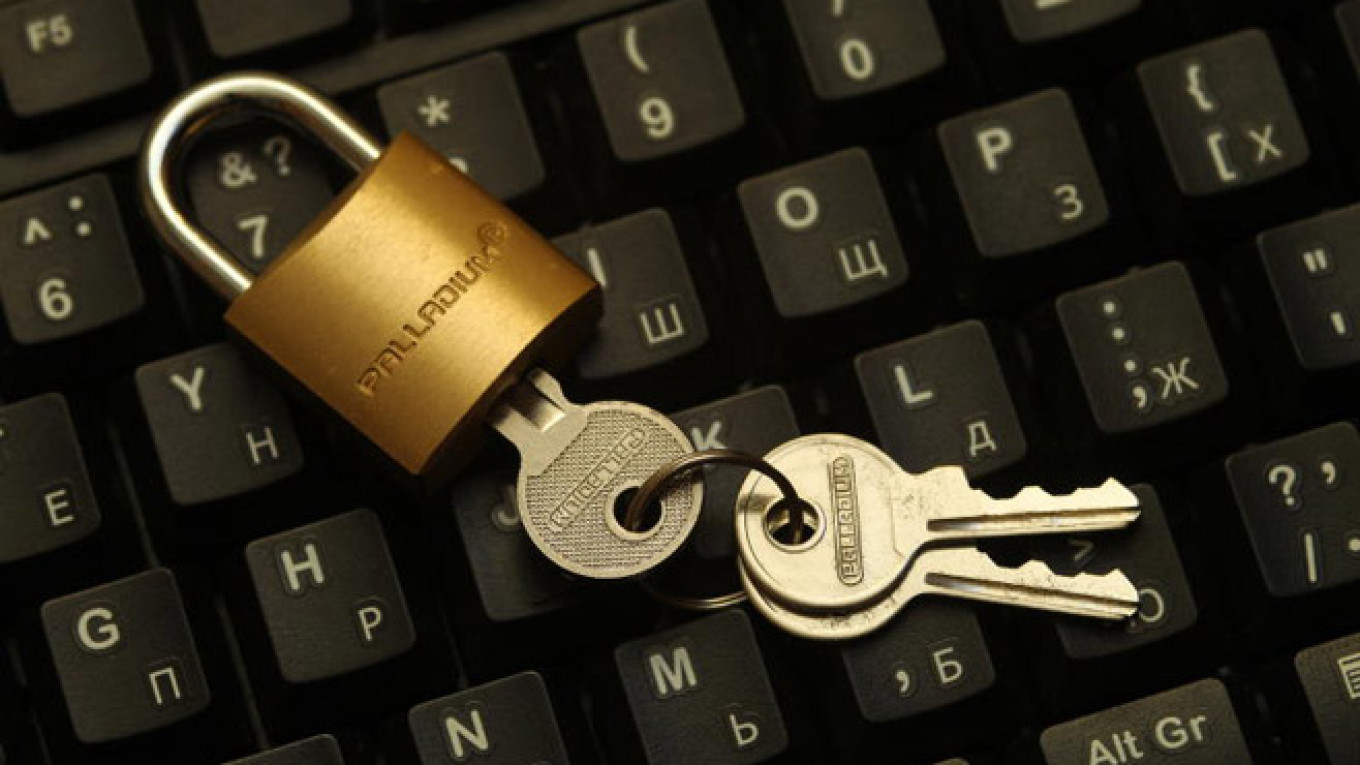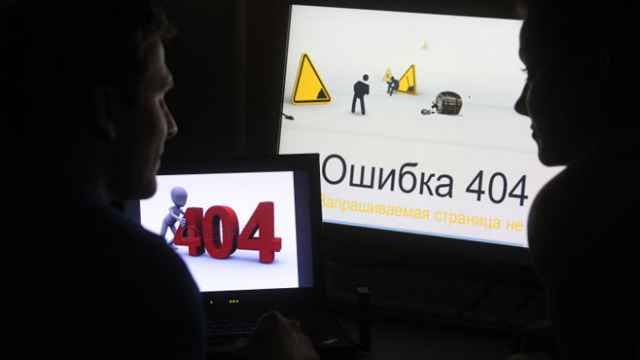Russia has called for international regulations cementing state control over the Internet, arguing that national governments are otherwise left vulnerable to information attacks by foreign powers.
Speaking at a gathering of the International Telecommunications Union (ITU) earlier this week, Russia's Communications and Mass Media Minister Nikolai Nikiforov said the field of information and communications technology requires "international norms and rules" that should be developed "under the supervision of [United Nations] institutions."
Those norms, Nikiforov said, should be based on the principles of "non-intervention in internal affairs of other states," as well as states' "sovereign right … to govern the Internet in their national information space."
Russia has long argued that national governments should have "sovereignty" over the Internet within their borders, partly due to an entrenched belief that Western nations, particularly the United States, expertly manipulate international affairs through control of the Web.
At an ITU assembly in Dubai two years ago, Russia and a group of like-minded countries lobbied for the right to manage website addresses and domain names in their national segments of the Internet, business daily Vedomosti reported.
The proposal was backed by China, Iran, Sudan, Saudi Arabia, Algeria and Bahrain, but Western nations were categorically opposed, and the amendments did not pass.
In his speech at the latest meeting, Nikiforov made the case that foreign powers can use the Internet to shut down national network segments without any warning or legal justification.
Echoing earlier Russian calls for "digital sovereignty," Nikiforov cited a 2012 NSA-backed attack on the Internet in Syria that disabled the network temporarily, an operation that was later revealed by NSA leaker Edward Snowden.
The Russian government has already significantly extended its legal authority over Internet activity this year, including a law requiring foreign Internet companies to store Russian citizens' data only on servers within Russia.
Critics of Russia's Internet ambitions say increased state control of the Internet portends a larger crackdown on dissenting voices in Russian society.
A Message from The Moscow Times:
Dear readers,
We are facing unprecedented challenges. Russia's Prosecutor General's Office has designated The Moscow Times as an "undesirable" organization, criminalizing our work and putting our staff at risk of prosecution. This follows our earlier unjust labeling as a "foreign agent."
These actions are direct attempts to silence independent journalism in Russia. The authorities claim our work "discredits the decisions of the Russian leadership." We see things differently: we strive to provide accurate, unbiased reporting on Russia.
We, the journalists of The Moscow Times, refuse to be silenced. But to continue our work, we need your help.
Your support, no matter how small, makes a world of difference. If you can, please support us monthly starting from just $2. It's quick to set up, and every contribution makes a significant impact.
By supporting The Moscow Times, you're defending open, independent journalism in the face of repression. Thank you for standing with us.
Remind me later.






